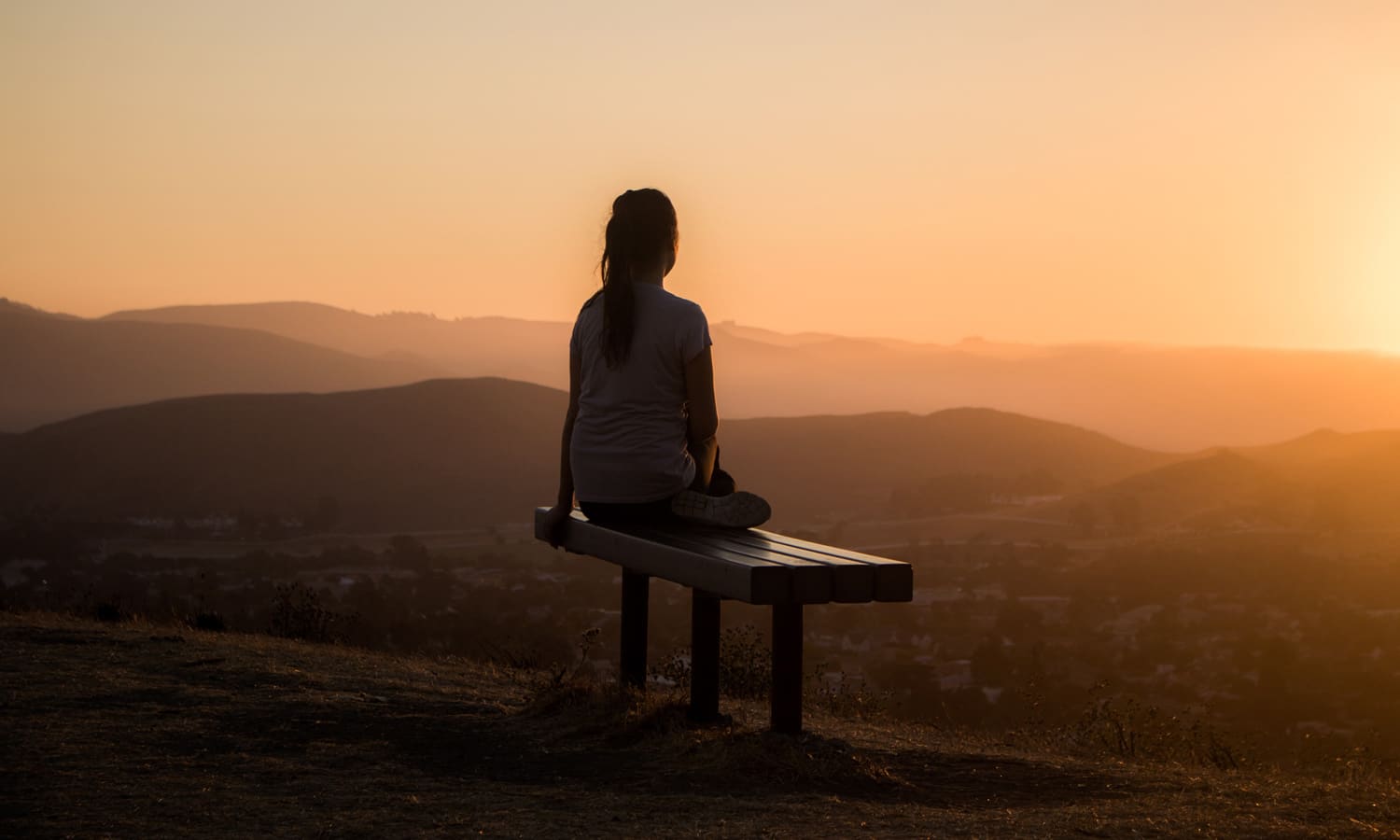Quieting the mind can be useful, but if you find yourself more depressed after practicing mindfulness, you’re certainly not alone.
If past studies are to be believed, you can forget about everything your yoga instructor has ever told you. Some researchers believe that mindfulness and meditation might amplify anxiety and stress in some people. Granted, the number of people who experience this is relatively low, but still. This is some jarring information for the millions of people who love to meditate.
A 2016 study conducted by a team of researchers, who combed through dozens of past studies, found that about 1 in 12 people experienced an unwanted side effect from practicing long-term, intensive meditation, with negative symptom usually leaning towards anxiety or depression:
Qualitative research on mindfulness meditation shows that it may increase the awareness of difficult feelings and exacerbate psychological problems.
“For most people it works fine but it has undoubtedly been overhyped and it’s not universally benevolent,” Miguel Farias, one of the lead researchers behind the work, told New Scientist. The overview of the data analyzed 55 different studies, calculating the average amount of people who experienced negative side effects within each one.
RELATED: 4 Meditations For Your Fluctuating Quarantine Moods

“Why do some people react badly to meditation? A possible explanation is that it amplifies inner problems,” wrote researchers. “If one has a ‘disposition’ to depression, bipolar disorder or psychosis, meditation may heighten it.”
“Another explanation is that mindfulness is not only about ‘being aware’ but may also challenge the ordinary sense of self.”
Still, there’s hope for those who believe in the powers of meditation and mindfulness. Psychologist Katie Spark explained to New Scientist that sometimes it’s natural for the brain to rebel against new stimulus, especially those that try to control their thoughts and emotions. “It’s like a backlash to the attempt to control the mind, and this results in an episode of anxiety or depression,” she said.
RELATED: Yoga Can Help You Manage Coronavirus Stress
While people should be mindful of their feelings when meditating, noticing if something doesn’t feel right, they should continue to practice ways of feeling better and more calm through the use of guided videos, apps or an instructor. If feelings of anxiety or depression persist, it might also be an indication that the problem is more serious and should be consulted with a medical expert.


